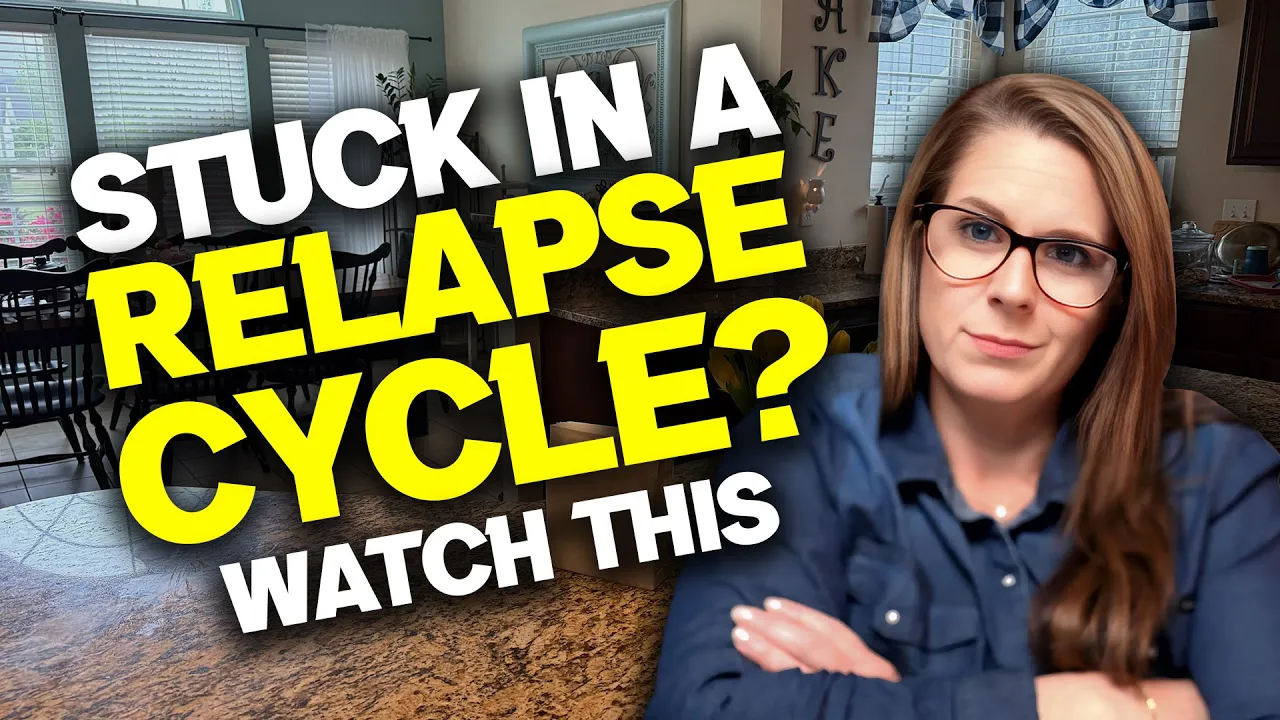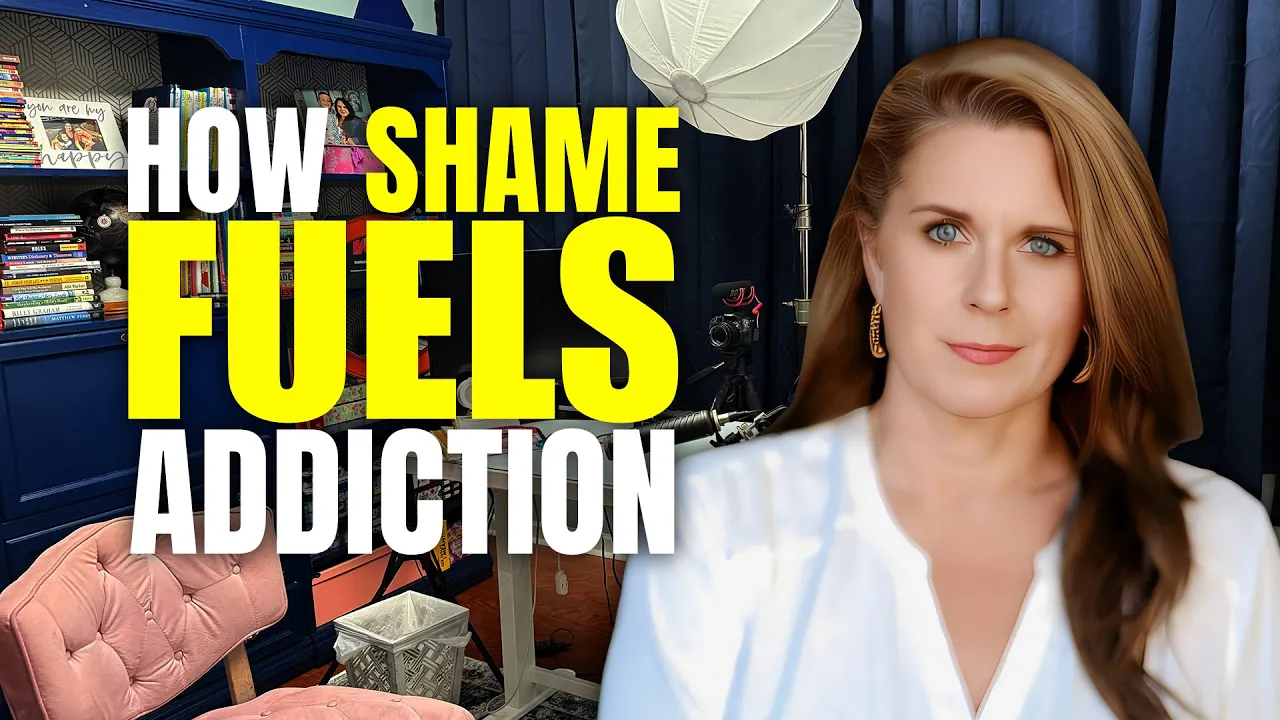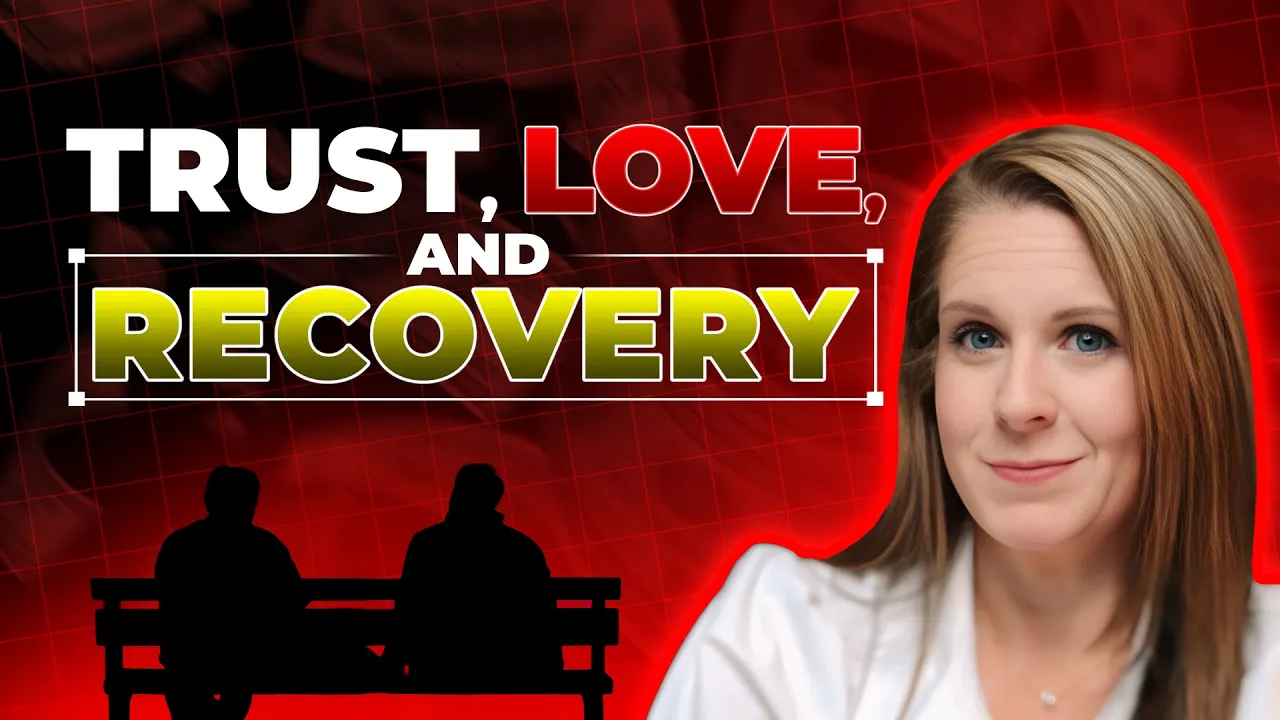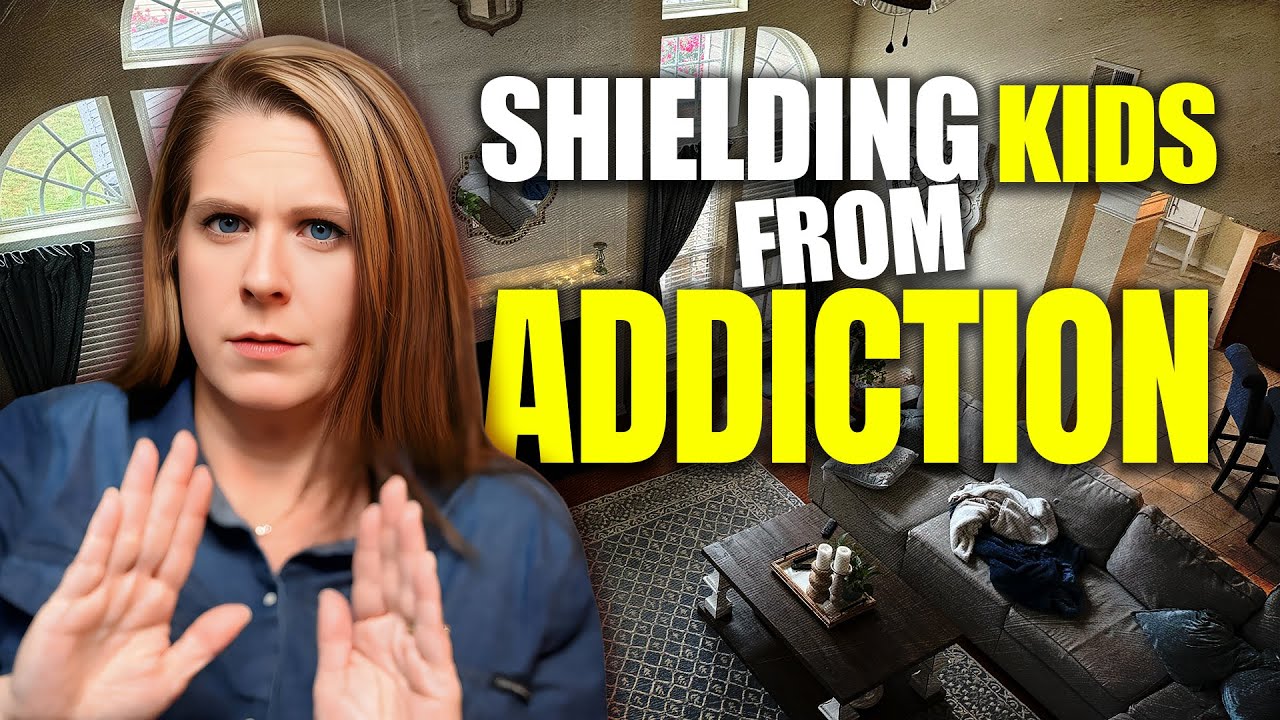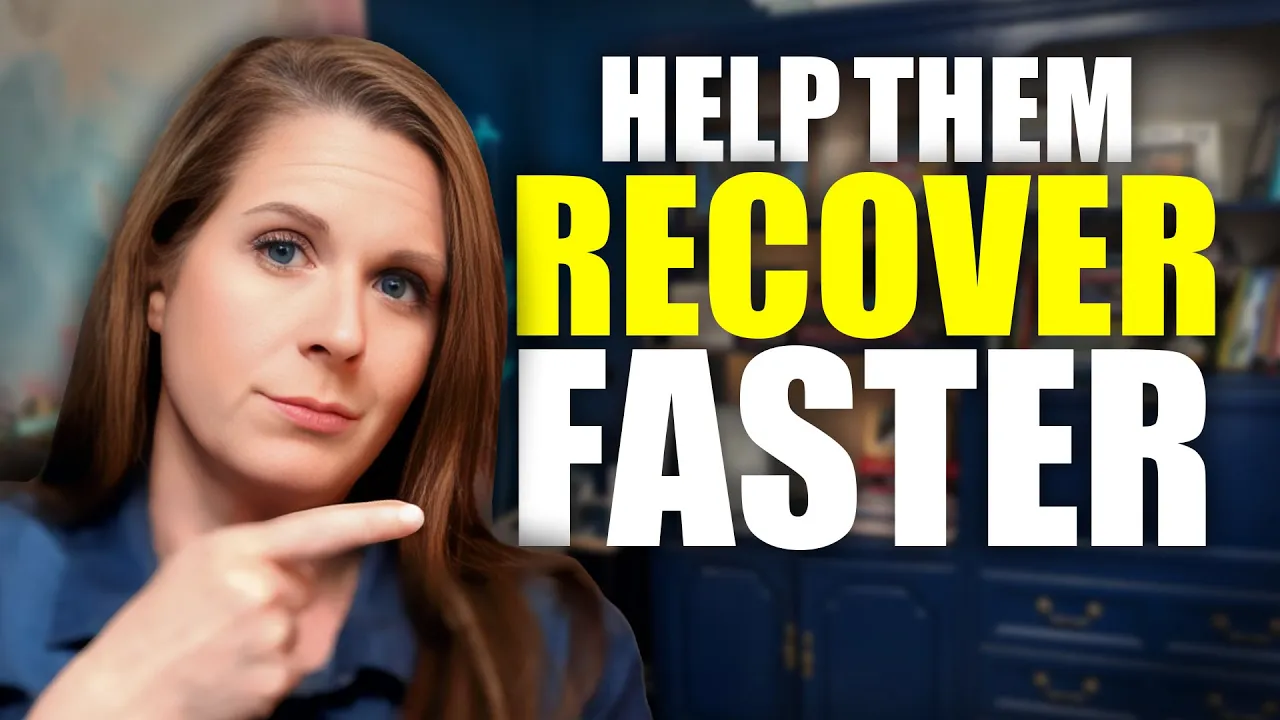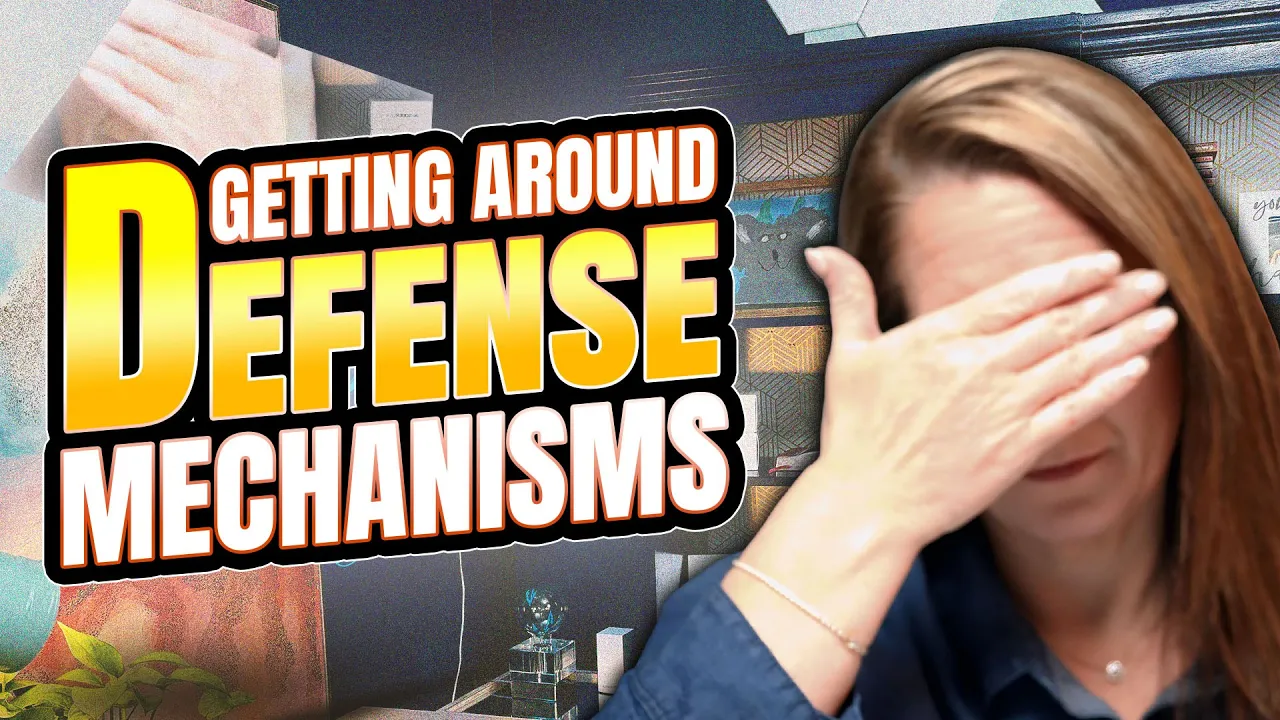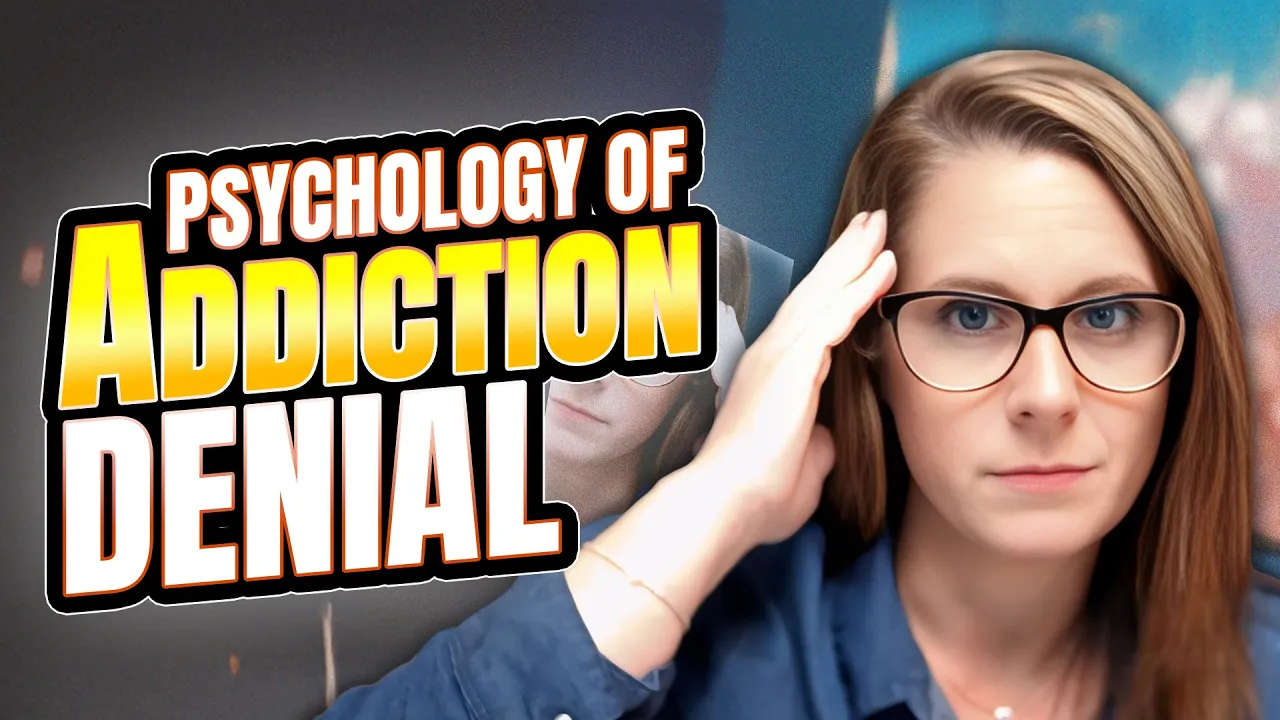How to Spot a Loved One's RELAPSE Before It Even STARTS
Perfect — thank you for pasting the transcript! I can turn this into a polished, SEO-friendly blog post that’s engaging and keyword-rich. Below is a draft structured for web readability and optimized around common search queries like “why do I keep relapsing?”, “relapse triggers in addiction”, and “how to break the relapse cycle.”
Breaking the Relapse Cycle: Why You Keep Falling Back & How to Stop
Do you feel like you’re stuck in a relapse cycle—no matter how many times you try, you keep slipping back into the same old patterns? You’re not alone.
The truth is, most people struggling with addiction relapse in predictable ways. The key to breaking free isn’t willpower—it’s understanding your relapse patterns and triggers so you can step around them before they trip you up.
Why Willpower Isn’t Enough
When it comes to addiction recovery, many people believe they can simply “try harder.” They beat themselves up, remind themselves of all the consequences, and promise to do better next...
Why SHAME Keeps Someone STUCK in Addiction (and How to Break Free)
How Shame Fuels Addiction (and Keeps People in Denial)
Almost no one wakes up and says, “I think I’ll be the bad guy today.” In fact, most of us go through extraordinary lengths—often subconsciously—to avoid seeing ourselves as the villain. This is true for all of us, but it’s especially true for people struggling with addiction.
One of the biggest drivers behind addictive behavior is shame. The tricky part? Most people don’t even realize it’s there.
The Hidden Power of Shame
You probably know what shame feels like. But we’re usually not aware of when we’re experiencing it—especially in the moment. Shame tends to hang out under the surface, quietly influencing:
-
How we feel
-
How we see the world
-
The decisions we make
-
And ultimately… how we behave
When we don’t recognize shame, we naturally begin building psychological defenses to avoid it. Unfortunately, those same defense mechanisms are what keep people stuck in denial and trapped in the cycle of addict...
The Surprising KEY to Restoring LOVE After Addiction
Rebuilding Intimacy After Addiction: How to Restore Emotional and Physical Connection in Recovery
By Amber Hollingsworth
*Featuring Matt & Sherry Ali from the Intoxicated Podcast
Addiction doesn’t just impact the person struggling—it shakes the foundation of the relationship they’re in. One of the most common challenges couples face in recovery is figuring out how to restore emotional and physical intimacy after addiction has created distance, resentment, and mistrust.
Today, I’m thrilled to share insights from Matt and Sherry Ali, co-hosts of the Intoxicated Podcast, who have walked this path themselves. Matt is in long-term recovery from alcohol use disorder. Together, they’ve faced—and overcome—the unique challenges of rebuilding intimacy after addiction.
They’re here to talk openly about sexual desire discrepancies, emotional safety, and practical steps any couple can take to reconnect.
The Hidden Struggle: Sexual Desire Discrepancy in Recovery
According to Matt and Sherry’...
When Women Get Aggressive: The Hidden Danger of Alcohol-Fueled Violence
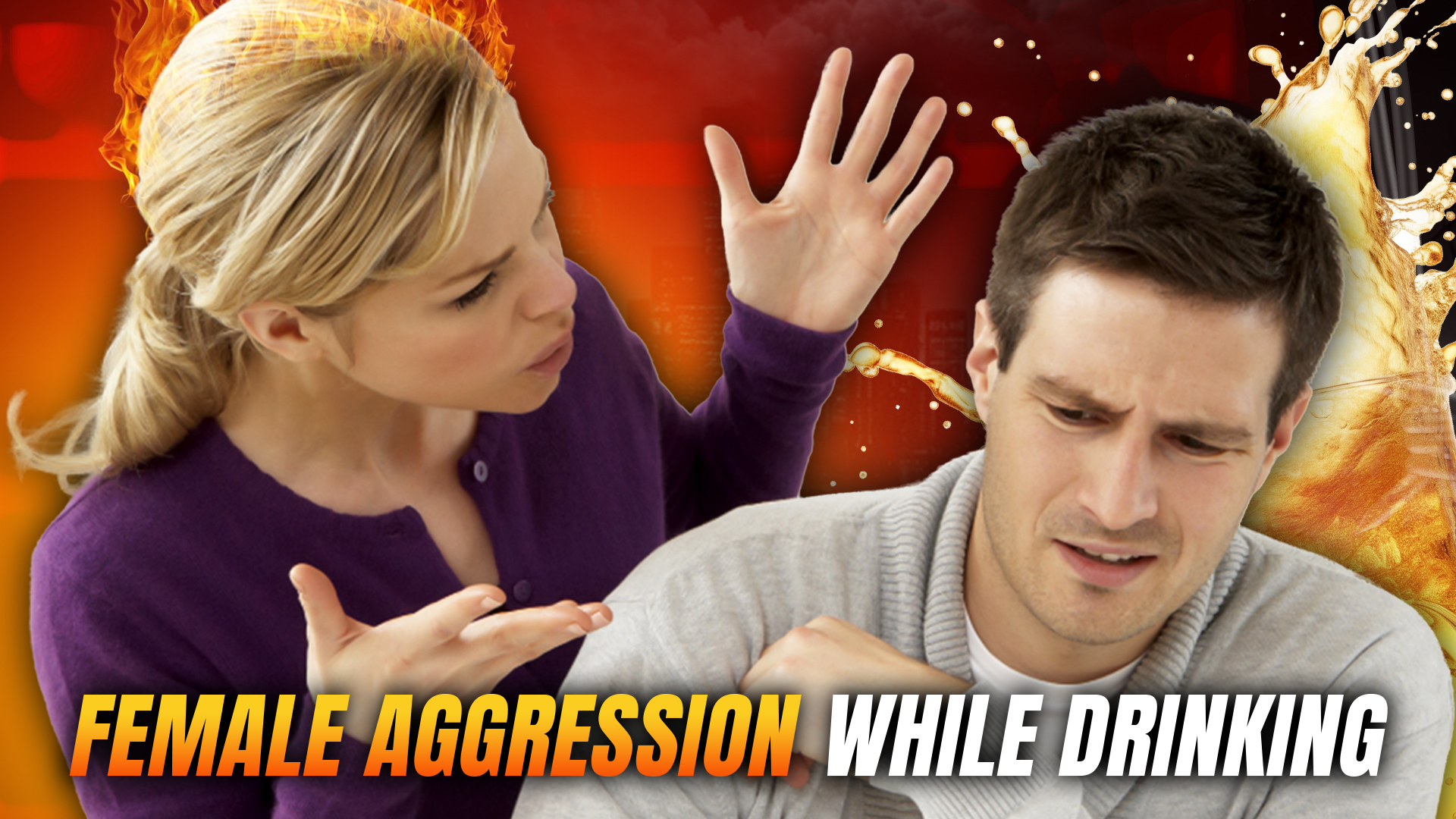
When we think about aggression and violence in relationships, the narrative often centers on men as the perpetrators. But what happens when the roles are reversed? Society tends to downplay or dismiss violent behavior from women, especially when alcohol is involved. This oversight can have devastating consequences, as seen in several recent high-profile cases.
The Cases That Demand Attention
- Courtney Clenney and Christian Obumseli
Courtney Clenney, an OnlyFans model, fatally stabbed her boyfriend, Christian Obumseli, in their Miami apartment. Reports revealed a history of volatile and aggressive behavior, often fueled by alcohol. Despite clear warning signs, her behavior was overlooked or excused until it escalated to tragedy. - Melissa Turner and Matthew Trussler
Melissa Turner, a cosplayer, was convicted of killing her boyfriend, Matthew Trussler, during a drunken argument. Evidence showed a pattern of aggression when she drank, but like many cases, it was brushed aside as “just t...
Caught Them Drinking? Here's What To Do NEXT When Alcoholics LIE
You Found Evidence Your Loved One Relapsed, Now What?
You thought things were going well. Your loved one said they were sober. Life felt stable—maybe even hopeful again. Then one day, while taking out the trash or sorting through laundry, you find something: an empty bottle. A piece of paraphernalia. A receipt that just doesn’t add up.
Suddenly, your heart sinks.
Are they using again?
Were they lying this whole time?
What do I even do now?
If you’ve been here, you know this moment well. It’s emotional. Confusing. Sometimes even paralyzing. And it’s exactly the type of crisis moment that can either blow up into chaos—or become a turning point.
First Things First: Take a Breath
When you find evidence of a possible relapse, you’re going to feel angry, hurt, scared, and betrayed. That’s normal. Those feelings are valid.
But before you confront them or go full CSI-mode, pause. The way you respond in this moment matters a lot.
Reacting with yelling, accusations, or passive-aggress...
Caught in the Crossfire: Protecting and Supporting Kids with an Addicted Parent
A Tragic Wake-Up Call: Addiction, Denial, and the Hidden Dangers to Our Children
Last week, I came across a story that sent chills down my spine, and I haven’t been able to shake it since. As someone who works with families impacted by addiction every day, this one hit especially hard. Not just because of the heartbreaking outcome, but because it could easily happen to any family dealing with substance abuse behind closed doors.
I was driving home from work, listening to one of my favorite true crime creators, Stephanie Harlow. Her newest case was about a 2-year-old girl named Parker Chez, who tragically died after being left in a hot car on a day when temperatures soared above 100 degrees. That alone is gut-wrenching, but it’s the addiction component woven into the story that made it feel painfully familiar.
The Hidden Addiction Behind the Headlines
Parker’s father, Christopher, was the primary caregiver while the mother, Erica, a medical professional, was the main breadwinner. ...
The THREE Options In Family Addiction Intervention | Most Choose WRONG
The Truth About Helping an Addicted Loved One: 3 Strategies That Actually Work
If you're trying to help someone struggling with addiction, you've probably been given the same old advice over and over again:
-
Use tough love and let them hit rock bottom.
-
Stage a dramatic intervention.
-
Or do nothing and hope they eventually want to change.
But what if there was a better, smarter fourth option?
An approach that doesn't wreck your relationship or your sanity but still moves your loved one toward recovery.
Option #1: The Tough Love Approach
You've probably heard this one before:
"Kick them out. Cut them off. Let them hit bottom."
It's been the go-to strategy for decades. And while it can seem empowering at first, here's the truth:
Tough love has a high emotional cost—and a low success rate.
Let's be real: addiction continues despite consequences. That's the definition of addiction. At the same time, natural consequences can play a role in helping someone see th...
The Fastest Way to Break Their Addiction (And Most People Never Use It) | Denial Crash Course Pt. 3
How to Help Someone With Addiction Get Better Faster
If you're doing everything you can to help a loved one struggling with addiction and wishing the recovery process could just go faster—you’re not alone. The good news? There is a way to accelerate the journey from addiction to recovery—and it all starts with understanding their mindset and using proven strategies to shift it.
This post breaks down actionable techniques that help family members guide their loved ones through the hardest parts of recovery. These tips come from more than 20 years of experience in addiction counseling, and they work.
Why Denial Is the First Roadblock
This blog is the third part of our crash course on denial. If you haven’t seen the first two videos, they focus on how to get your loved one to face the truth—because change starts with acknowledgment.
Once they begin to recognize that everything isn’t fine, the discomfort can create an opening for change. But if you want to take things a step further...
The PSYCHOLOGY Behind Breaking An Addict's DENIAL | Denial Decoded Pt. 2
How to Get Someone to Face the Truth About Their Addiction — Without Pushing Them Away
Trying to help someone you love see the truth about their addiction can feel like trying to get the perfect oven temperature for a Thanksgiving turkey — too cold and nothing happens, too hot and you burn the house down.
If you’ve ever tried to confront a loved one about their drinking, drug use, or destructive habits, you know exactly what I mean.
I’m Amber Hollingsworth, and here on Put The Shovel Down, we don’t just share success stories — we break down the how and why behind addiction and recovery so you can stay five steps ahead.
Let’s talk about how to get through to someone in denial without accidentally driving them deeper into it.
Why Most Attempts to “Wake Someone Up” Backfire
Here’s the thing: your instincts might be telling you to “just lay it all out.”
To tell them how they’re ruining your life, their life, the kids’ lives — and hope that reality will snap them out of it.
But gue...
How DENIAL Is QUIETLY RUINING You | Part 1 of Denial Decoded Series
How to Understand and Handle Denial: A Game-Changer for Dealing With Addiction
If you’ve ever felt frustrated trying to help a loved one who just can’t see how bad things have gotten — or if you’ve caught yourself minimizing your own unhealthy behaviors — you’re not alone. There’s a powerful psychological concept that explains this all too well, and once you grasp it, it will forever change how you handle denial in yourself and in others.
Welcome to Put the Shovel Down
Hi, I’m Amber Hollingsworth, creator of Put the Shovel Down — the YouTube channel designed to help you master the science and psychology of addiction so you can stay five steps ahead. With over 20 years of experience helping individuals and families overcome addiction, I’m here to remind you: You are NOT powerless.
Today, we’re digging deep into a truth about denial that most people overlook — and how you can actually work with it, not against it.
The Fancy Word You Already Know: Cognitive Dissonance
Let’s get st...
